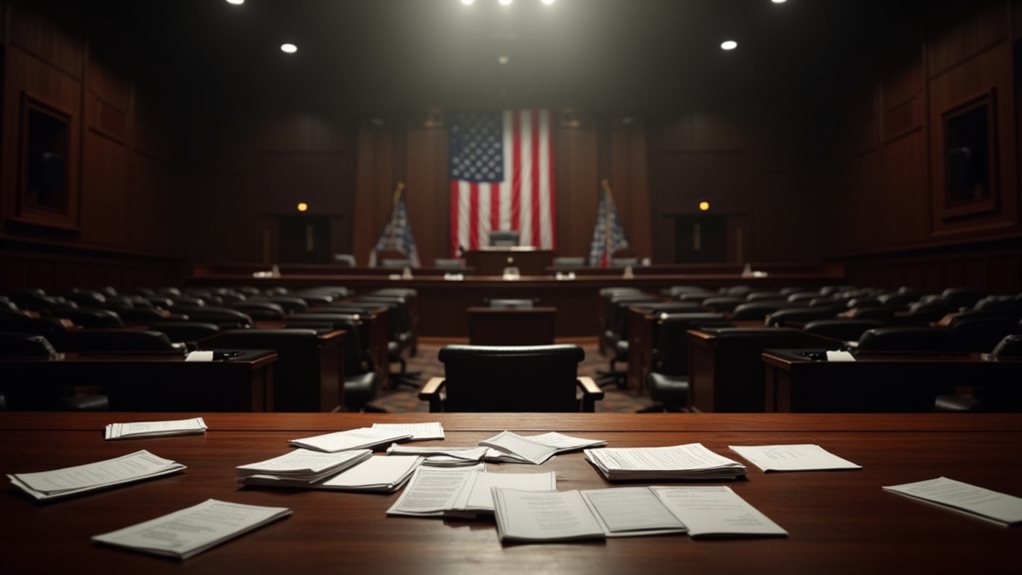Senator Elizabeth Warren released fury on tech investor David Sacks during the White House Crypto Summit, demanding ethics disclosures and transparency. The confrontation highlighted growing tensions between crypto advocates and regulators amid $2.2 billion in market liquidations and mounting concerns over industry influence in policy-making. Critics warn of systemic risks while crypto-friendly legislation gains bipartisan support. Warren's aggressive questioning left Sacks defensive, exposing deeper conflicts between innovation and oversight that continue to shape the crypto landscape.

While cryptocurrency markets continue their wild ride, a storm is brewing in Washington over ethical concerns in crypto policy-making. Senator Elizabeth Warren isn't playing nice anymore, taking direct aim at David Sacks in a confrontation that's got the crypto world buzzing.
The drama centers around the proposed Strategic Bitcoin Reserve, a move that sent crypto prices on a roller coaster ride faster than you can say "blockchain." Critics aren't buying it. They're saying this looks suspiciously like a gift wrapped in pretty paper for industry insiders, not exactly the Christmas present the average American was hoping for. The industry has raised hundreds of millions through Super PACs to influence such legislation.
Warren's demands for ethics disclosures have thrown a spotlight on the cozy relationship between government officials and the crypto industry. Who's making policy decisions? Who's profiting? The questions are piling up faster than Bitcoin transactions during a market frenzy. The anticipated appointment of Paul Atkins as SEC chair adds another layer of complexity to the regulatory dynamics. Recent market liquidations totaling $2.2 billion in a single day have only intensified scrutiny of the industry's stability.
The timing couldn't be more interesting. With the SEC locked in high-stakes legal battles against Ripple and Coinbase, the Trump administration's sudden crypto-friendly pivot has raised more than a few eyebrows. Market manipulation? Insider trading? These aren't just buzzwords anymore – they're real concerns keeping regulators up at night.
The global financial implications are no joke. Critics warn that cryptocurrencies could pose systemic risks to financial stability. The Strategic Bitcoin Reserve announcement proved their point – markets jumped, then dropped, leaving everyone dizzy.
Meanwhile, blockchain technology keeps creeping into mainstream finance like a persistent virus. Stablecoins are becoming impossible to ignore, and major financial institutions are jumping on the blockchain bandwagon.
But here's the kicker – the crypto industry's growing political influence has watchdogs barking louder than ever. Bipartisan support for crypto-friendly legislation exists, sure, but so does mounting pressure for transparency.
The battle lines are drawn: innovation versus stability, insider benefits versus public interest, regulation versus freedom. One thing's crystal clear – this crypto ethics clash isn't going away anytime soon.









